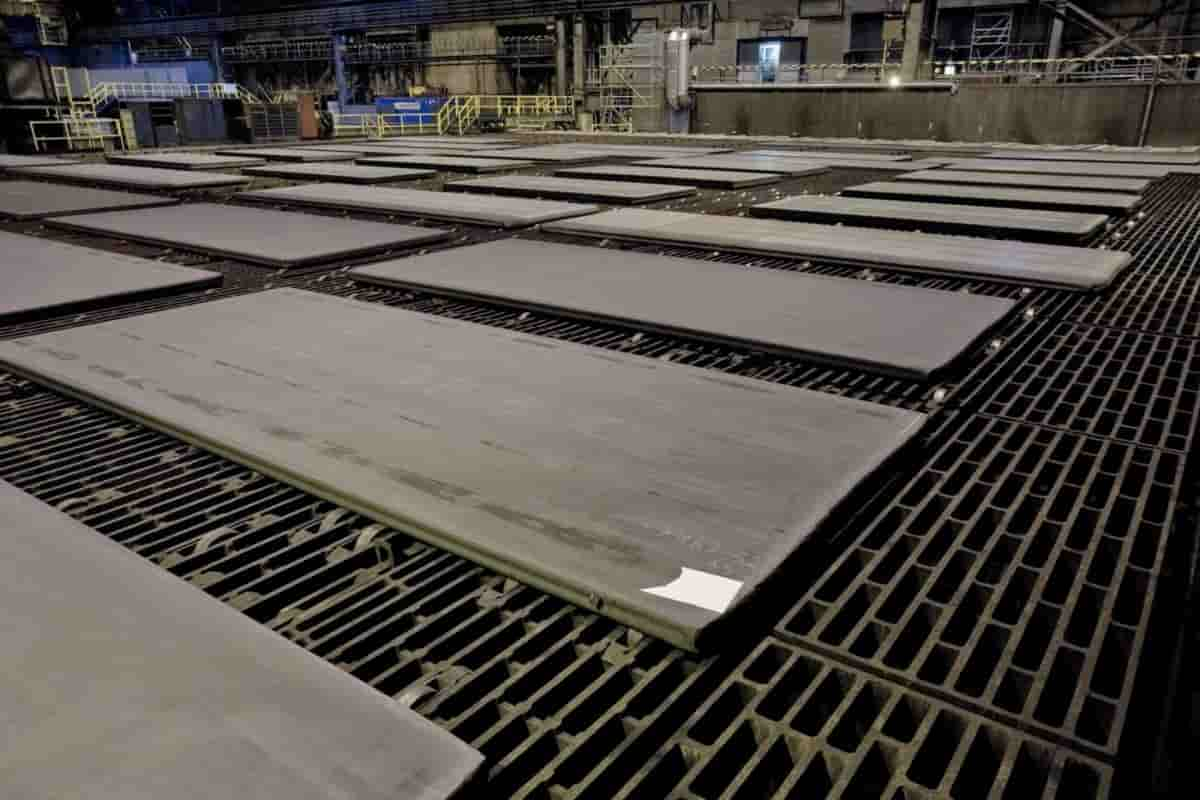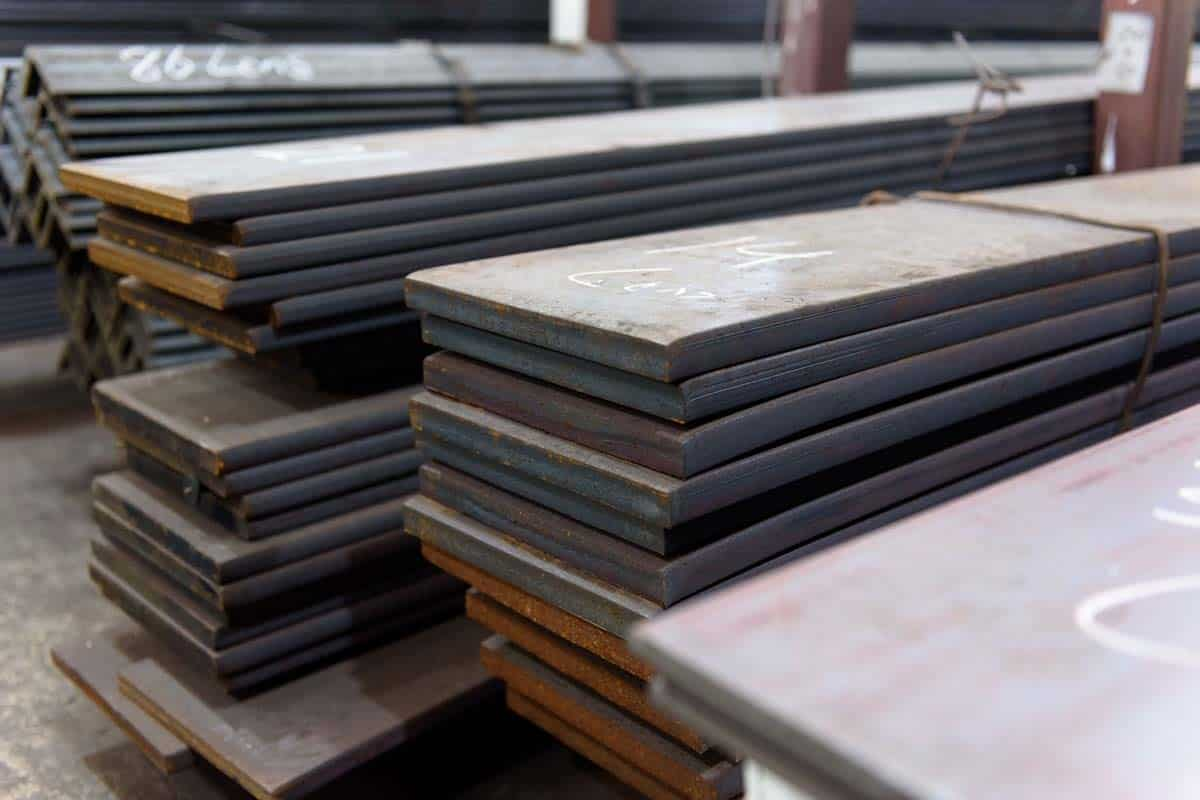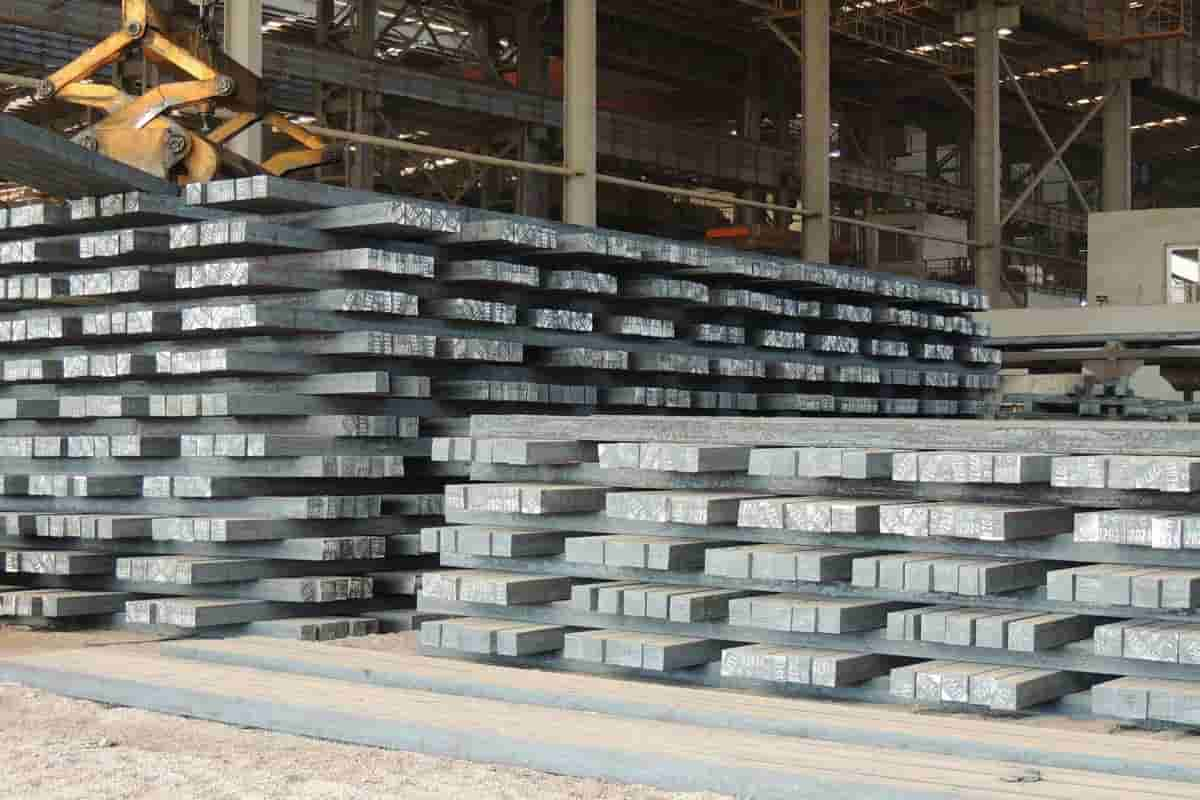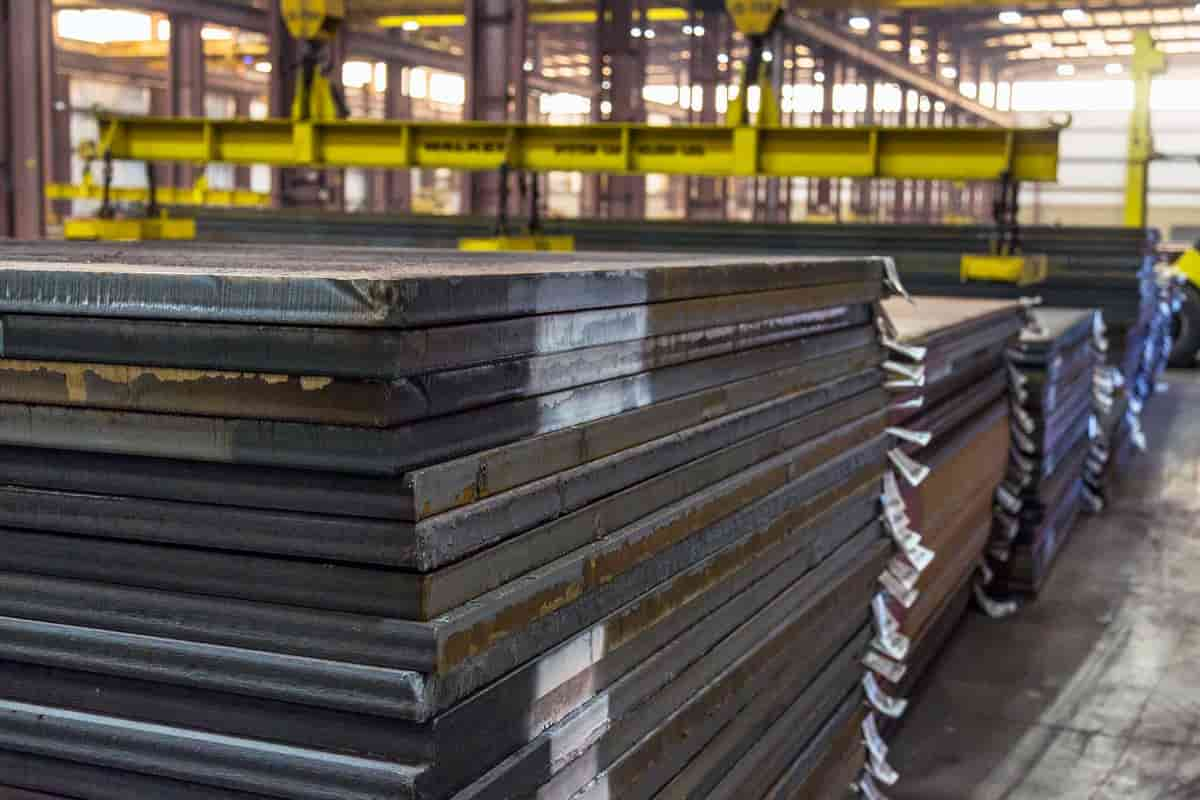Steel billet is a crucial component used by many industries to produce a variety of items for big international orders on the steel market.
steel billets uses
Billets are long steel products that are semi-finished and have a square cross section. This product is continually cast or rolled before being turned into finished goods by rolling. The following long steel goods are made with billets: Bars/angles Profiles/channels Additional structural forms Steel Described as Semi-Finished A foundry produces semi-finished steel, an intermediate steel. Before it can be processed into finished items, more processing is required. To satisfy the varying demands of various industries, semi-finished steel products are offered in a variety of sizes, grades, and forms. It is employed in the rolling of iron and steel to create finished goods. The production of semi-finished steels involves continuous casting of liquid steel, rolling, or forging of ingots (a primary solidification of liquid steel). Chemistry is modified to satisfy particular physical needs and grading standards There are several other major categories for semi-finished steels: Large rough castings called ingots are made for storage and shipping. Typically, the form is square or rectangle-shaped with wide fillets. Blooms are lengthy goods that are in the semi-finished stage and have a square or rectangular cross section larger than 160mm. Both continuous casting and rolling from an ingot can be used to create blooms. Typical finish goods include seamless, structural forms, rails, and rods. Slabs are semi-finished steel products that are formed into different lengths by continuously casting or rolling ingots on a rolling machine. The slab's cross section is rectangular. Heavy machinery is produced using slabs, which are also hot rolled into thinner goods like: Plates Metal strip or sheet Pipes/tubes Coils 
Billet steel bars
Steel bars are formed when steel billets are folded into long, wire-like structures. All of the qualities and solidity of steel billets are present in them. They play a crucial role in building construction. However, depending on their sizes and shapes, they can be utilized to make cars, military weaponry, and other things. TMT bars are the most well-known varieties of steel bars. The second stage product created during the production of steel bars is steel billets. The raw steel must be cast into shape in order to be used; it cannot be used in its unprocessed state. Steel billet is the name for the freshly manufactured steel, which is still in the form of a metal bar or square. Billets must first be framed into progressively useful forms and sizes before they are of tolerable utility. After being formed, they are either sold at home improvement stores or used for other purposes. Unformed billets are used in the production of money, such metal coins, and as storage for commodities like gold bars. Additionally, steel billets are renowned for their malleability and flexibility, especially when subjected to a range of temperatures during shaping, molding, and forming. Before being restricted to increasingly useful shapes and sizes, steel billets are not of practical use. Despite having just been placed in the heater, they still need to go through a variety of forming (shaping) and trimming processes, such as hot and cold working, processing, and cutting, before being sold in home improvement stores and used for various applications. A steel billet is a semi-finished round that has been partially worked but will also be tried to a particular size. The steel bar is an entirely rolled-to-size finished product. This difference is important and the majority of details have the least necessary mechanical characteristics, which frequently include stiffness, rigidity, yield quality, and flexibility. Additional testing is necessary as applications become more demanding, such as low-temperature oil and gas applications and aircraft. These tests may include sturdiness, hot pressure burst, hot plastic, and grain size, to name a few. Additionally, the base need for manufacturing or rolling territory will reduce as a result of these increasingly stricter judgments. 
Steel billets manufacturers
Global steel billet producers are required to take into account a few qualities and global norms for their goods. There are various international standards for developed nations, including JIS, DIN, BS, ASTM, Chinese, etc. These important standards are used to create steel products in other countries. Steel billet must be produced in accordance with requirements in order to be used in the commercial market and in used steel manufacturing plants. Steel billets are made by shaping freshly produced steel into a rectangle or square metal bar shape. Before steel goods like steel sheets can be sold on the market, raw steel must be processed into more useful forms since it cannot be used for construction. Before being used, billets, also known as ingots (Billets are frequently referred to as Ingots), must be cast into more useful forms and sizes. They still need to go through a variety of shaping and molding procedures, including as hot and cold working, milling, and cutting, before being transported to the dealer shops. Steel billets display unique characteristics and a high level of flexibility when subjected to the various temperatures encountered during molding and shaping. 
billet steel sizes
In order to create a shape that precisely fits the needs of the firms producing second-generation steel goods, the sizes of the steel billets are in accordance with worldwide standards for steel manufacture. The second stage of the steel production process results in steel billets. They go through a hot rolling process and are taken out at a particular stage of the steel casting process. Billets constructed of MS have a square cross-section and a surface area of fewer than 36 square inches. They are incredibly flexible and soft (230 sq. cm). Because of how far along they are in the casting process, they are regarded as semi-finished casting components. Included are wire, bars, tubes, pipes, and other items made of wire. MS billets are widely utilized in forge shops and machine shops, where they are employed to make a variety of building goods in addition to serving as feedstock for seamless tubes. 
